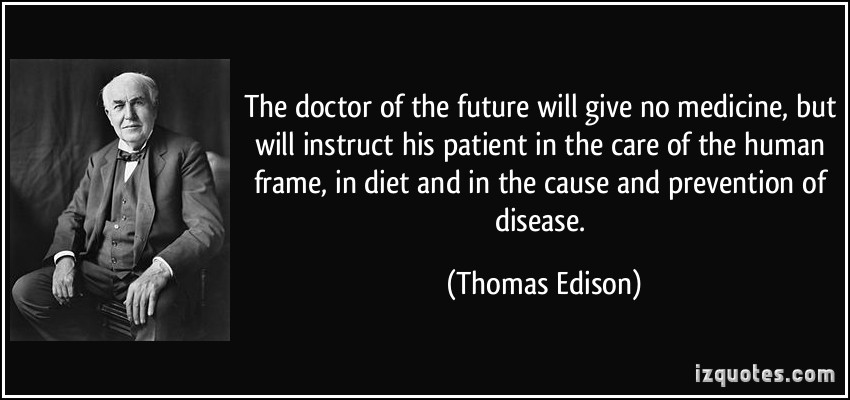
Throughout history, the advancement in medical findings have resulted in huge milestones for humankind, with different new medicines for all types of diseases being released every day. With that however, comes the problem of medicines and how they’re being used by us in our lives. Medicines are at their very fundamentals drugs, or substances that are used in treating a disease.
Of which, they can then be classified into their various subcategories such as antibiotics, symptom relievers, cell destroyers, chemistry changers, and even personalised medicines that are carefully made with information from the host’s genome. More often than not, these medicines serve one of two purposes: One – to supress the functions that appear to be overactive such as the use of painkillers, and two – To destroy infectious organisms or cells that are deemed bad for our body.
of diseases such as polio or plagues could very well eliminate the whole human population if medicines to counteract them had not been invented. No, we’re merely bringing across the point that there isn’t a need for you to pop a few pills the moment you feel a flu coming up or your throat gets itchy.

The reason why is because more often than not, the body is more than capable of protecting itself when a virus or bacterial infection appears. The medicines that you take don’t go down to the root of the problem to address it (except of course antibiotics, which will be touched on), they merely act as inhibitors to the symptoms that you are encountering. In fact, the fever you feel or the constant sneezing is the body’s mechanism reacting to the virus and bacterial, trying to flush it out of your system.
What you’re doing when taking such medicines is akin to removing an integral part of a machine that is self-sufficient, causing side effects to occur. Of course, side effects do occur when we take such medications, even though we may not feel its direct impact. For example, nonsteroidal anti-inflammatory drugs such as aspirin and ibuprofen work by blocking the enzyme called cyclo-oxygenase. These can in turn lead to high blood pressure, kidney failure and chronic system disorders such as asthma and colitis.
The other problem with medicine such as antibiotics that work through the destruction of the cell wall of a bacterium is that it either does too much damage or not enough. Broad spectrum antibiotics may cause inappropriate damage that may result in the annihilation of gut flora leading to ulcerative colitis. On the other hand, the antibiotic may fail to kill a select few strains of drug resistant bacteria and they in turn multiply and give their resistance to other bacteria, causing a bigger problem for the body.
In conclusion, it is important not to overuse and more importantly not to misuse antibiotics or other medicines as a whole when you’re down with the common cold or flu. Let your body take its natural cause and rely on the immune system to properly cast out the bacteria or viral infections.